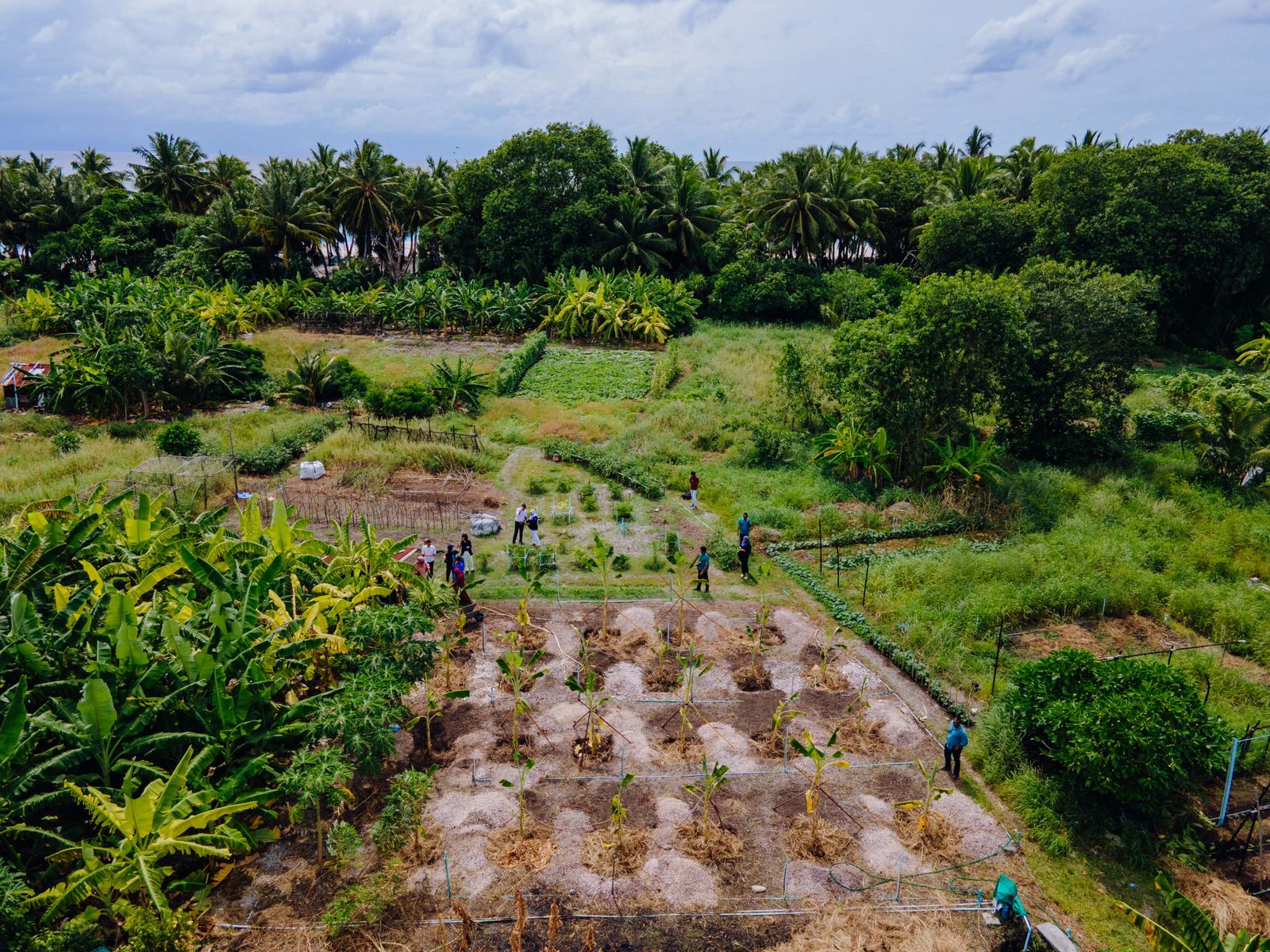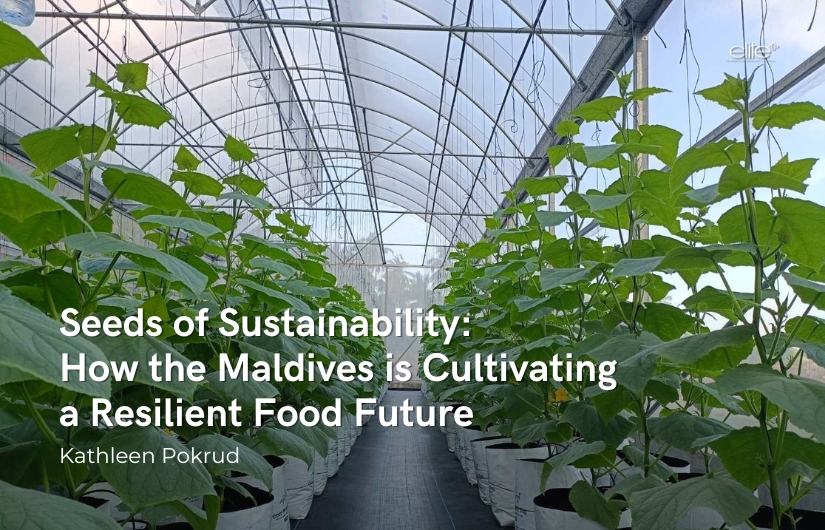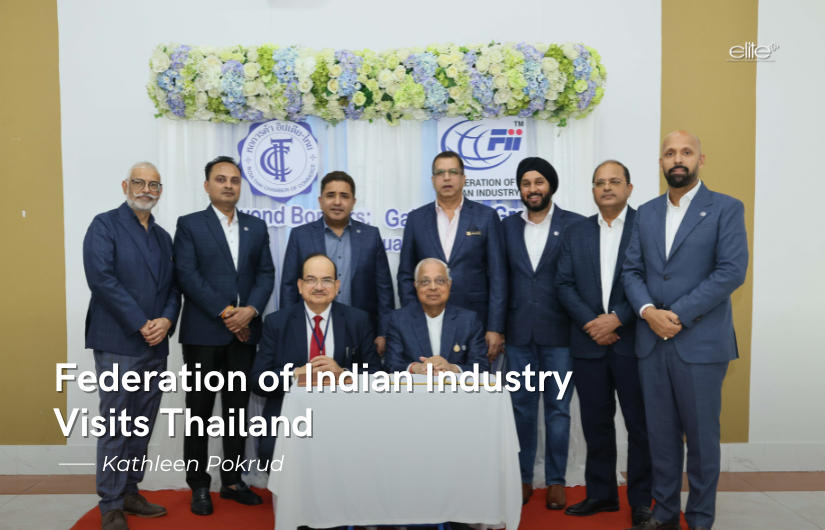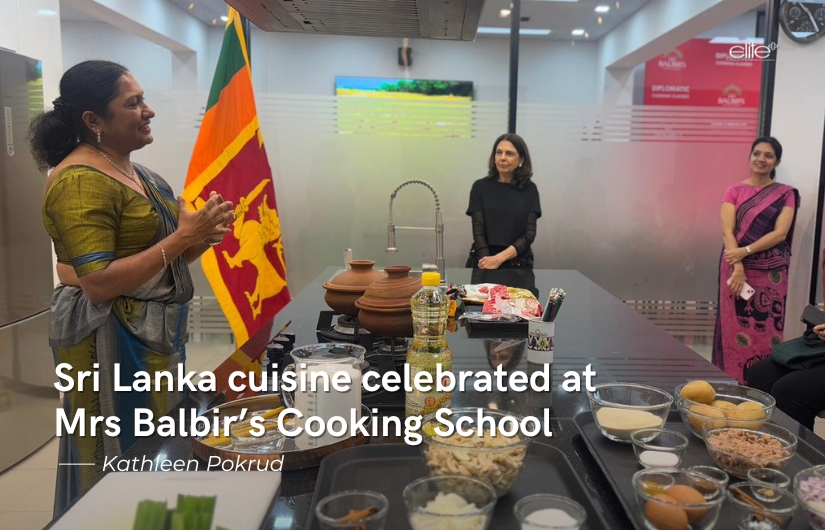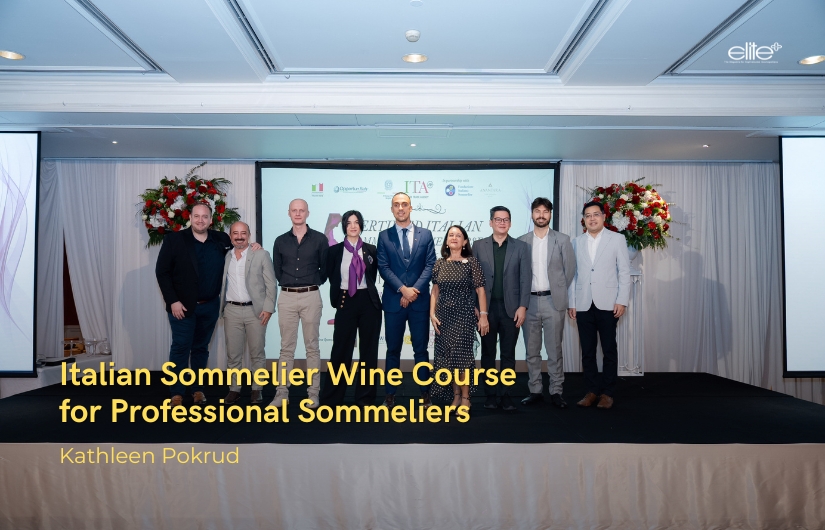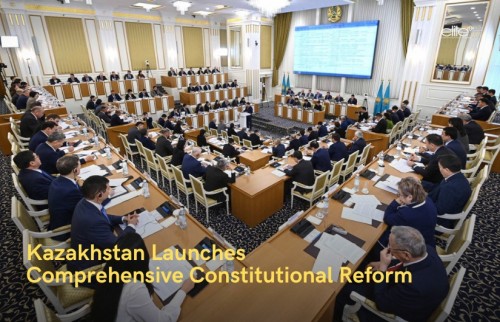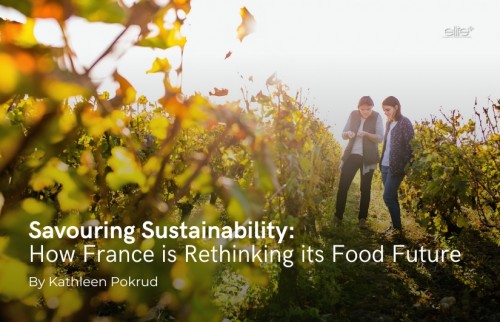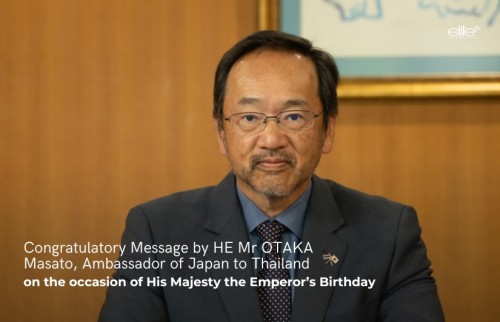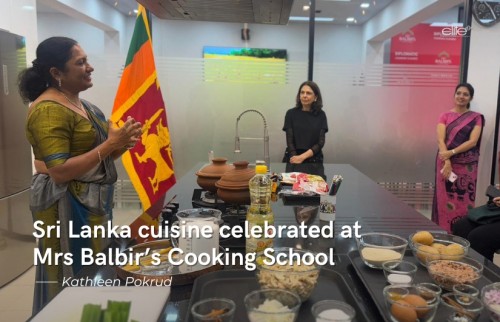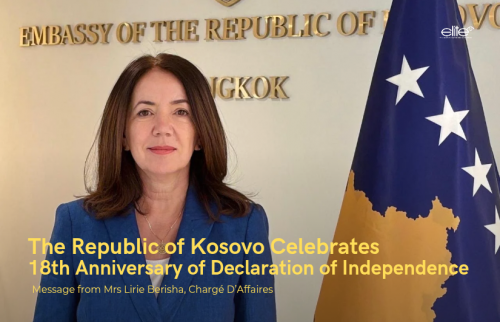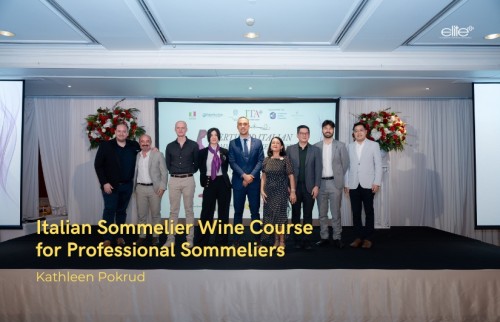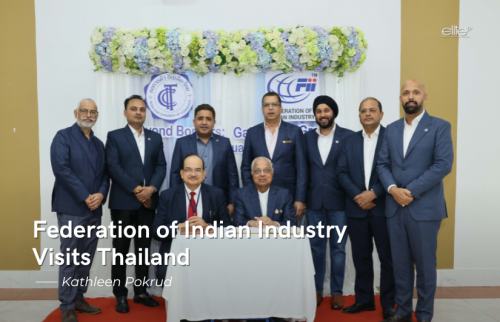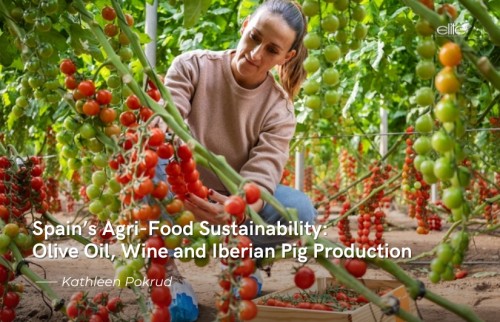Seeds of Sustainability: How the Maldives is Cultivating a Resilient Food Future
By Kathleen Pokrud
Photo courtesy by The Embassy of Maldives
Amid the turquoise waters and delicate ecosystems of the Indian Ocean, the Maldives, a nation often celebrated for its pristine beaches and luxury resorts, is quietly crafting a new narrative, one that intertwines sustainability, innovation and resilience. As the impacts of climate change grow more severe and global food supply chains face increasing instability, the Maldives is forging a determined path toward food sovereignty and environmental sustainability. Under the leadership of President Dr Mohamed Muizzu, the island nation is embracing bold agricultural reforms that reflect both urgency and hope.
At the heart of this transformation is a forward-looking agenda that aims to tackle two of the country’s most pressing challenges: food security and climate change. With limited arable land, a heavy dependence on imports and rising sea levels threatening the country’s very existence, the stakes could not be higher. Yet, rather than retreat, the Maldives is choosing to lead by example. In an insightful interview, HE Fuwad Thowfeek, Ambassador of the Maldives to the Kingdom of Thailand, shared how policy, technology and community are converging to shape a more resilient and sustainable food future.
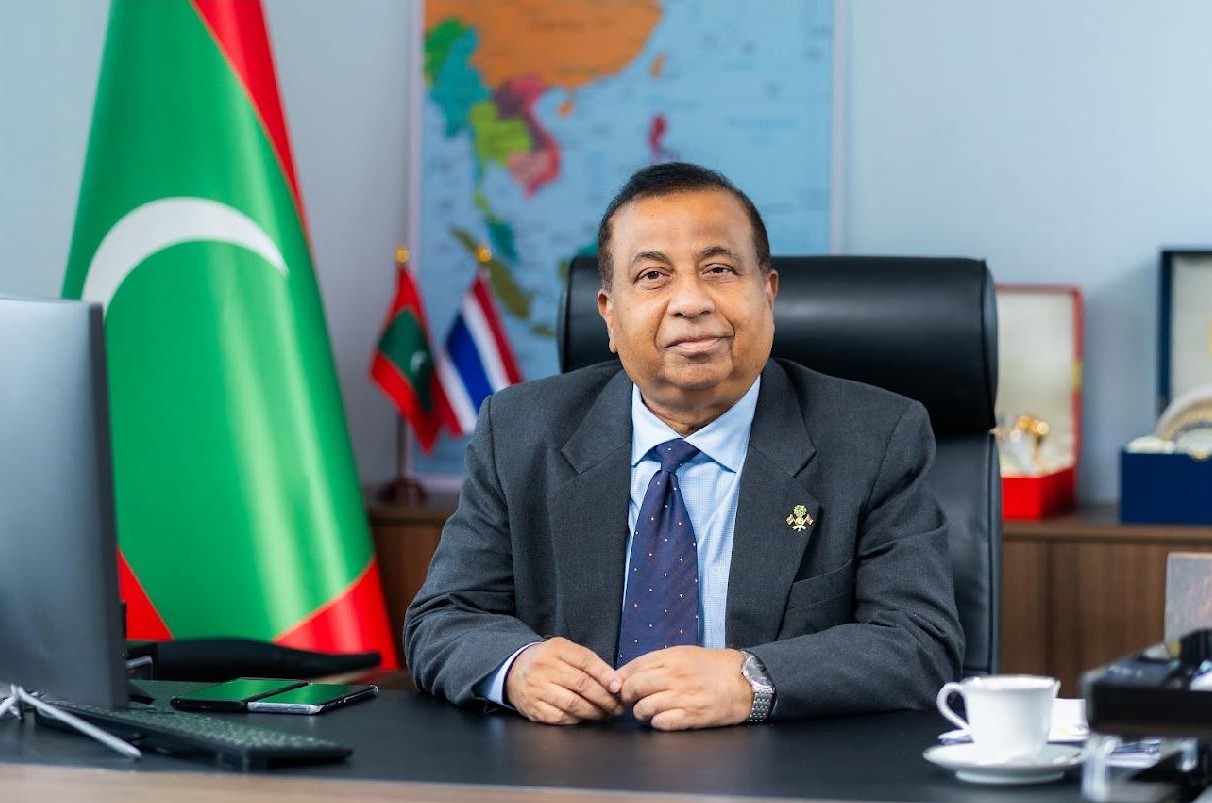
Photographer: Mr. Arun Prakash Sharma
Speaking on this journey, Ambassador Fuwad shared that the Maldives faces many obstacles. “Limited land, scarce freshwater and the growing impact of sea level rise make traditional farming extremely difficult. Since we rely heavily on imported food, about 90 percent of what we consume, any disruption to global supply chains puts us at serious risk. That’s why we are working toward an agricultural system that is climate-smart and tailored to our island environment.”
“To respond to our needs, the Maldivian government has taken deliberate steps to increase domestic food production and decrease reliance on imports. A major part of this effort is the drafting of the Agricultural Policy for 2024–2028,” Ambassador Fuwad noted. “It focuses on expanding local production, improving storage and distribution infrastructure, encouraging the cultivation of nutritious crops and promoting sustainable farming techniques. The policy also emphasises capacity-building through research, education and training, ensuring that the next generation is equipped with the knowledge and tools to carry the vision forward.”
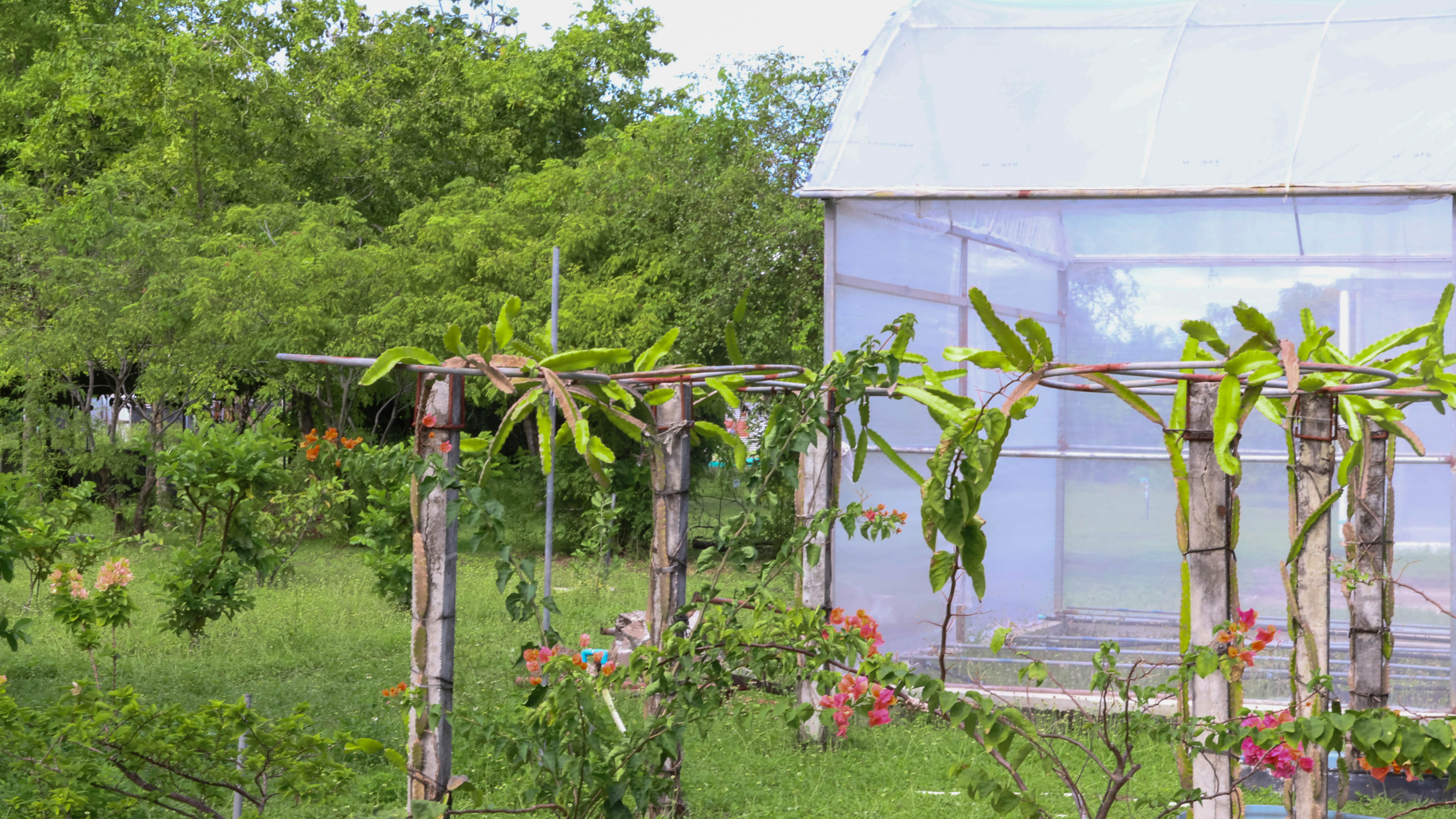
Ambassador Fuwad also highlighted some of the specific measures already in place. “We are supporting farmers and small businesses with better access to finance, setting food safety standards and helping our farmers connect with international markets. We are also introducing agriculture and livestock subjects in schools, so the next generation understands the importance of food sustainability from an early age.”
Innovation, he emphasized, plays a big role in the country’s efforts. “We are actively exploring vertical farming, hydroponics and digital tools that help farmers make better decisions. The government is also encouraging private sector involvement, especially in areas like mushroom cultivation and sustainable food technology. We want to make farming more accessible, especially to youth and women, through innovation hubs and entrepreneurship programs.”
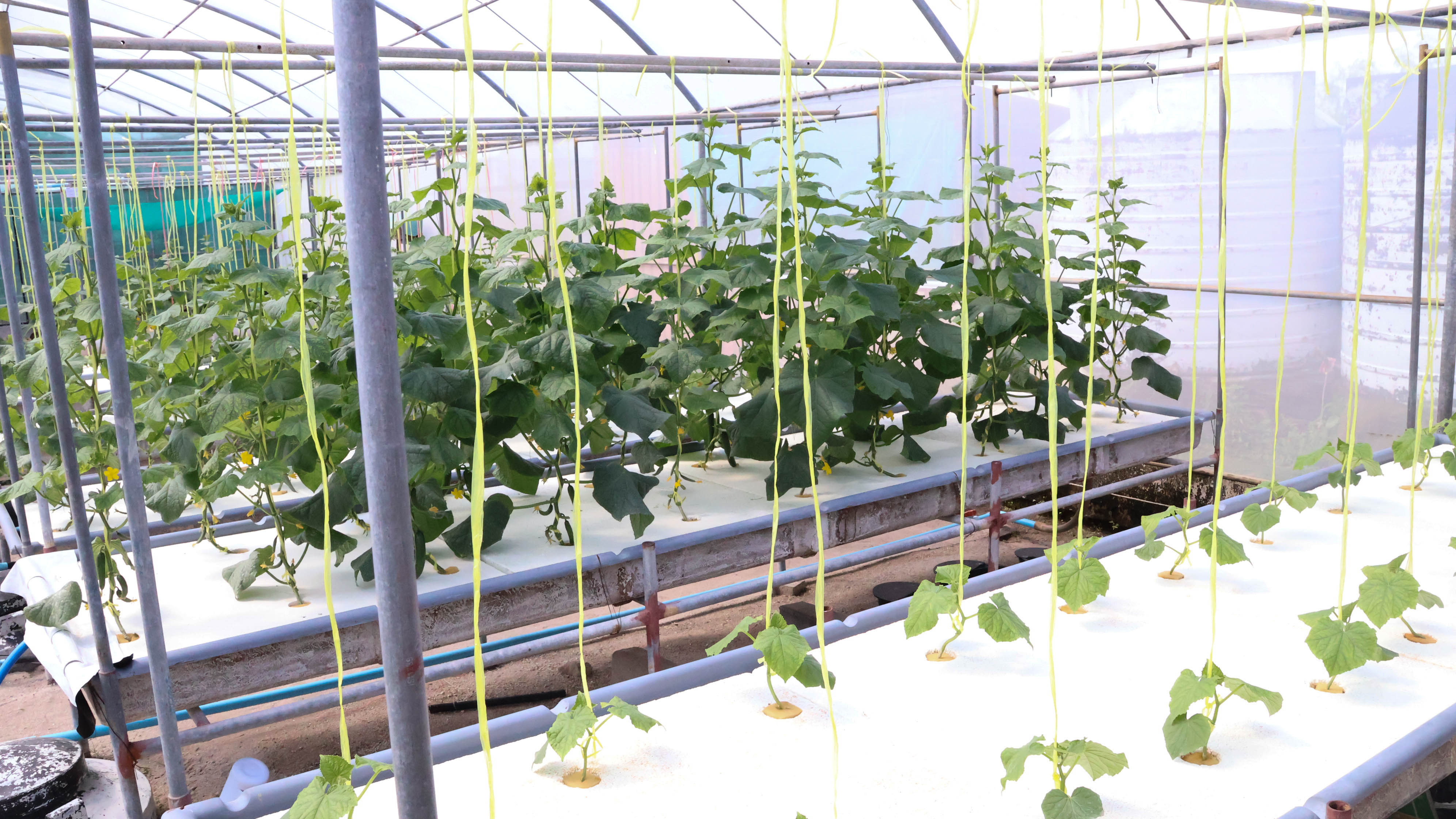
On community involvement, Ambassador Fuwad explained, “It’s heartening to see grassroots movements gaining momentum. Women-led farming groups, school gardens and local businesses are making real contributions. These efforts are helping us build a strong connection between food production, community well-being and sustainability.”
The Ambassador also emphasized the role of the tourism sector, a cornerstone of the Maldivian economy. Resorts and hotels are increasingly turning to local suppliers for fresh produce, creating a symbiotic relationship that supports farmers and reduces the environmental impact of imported food.
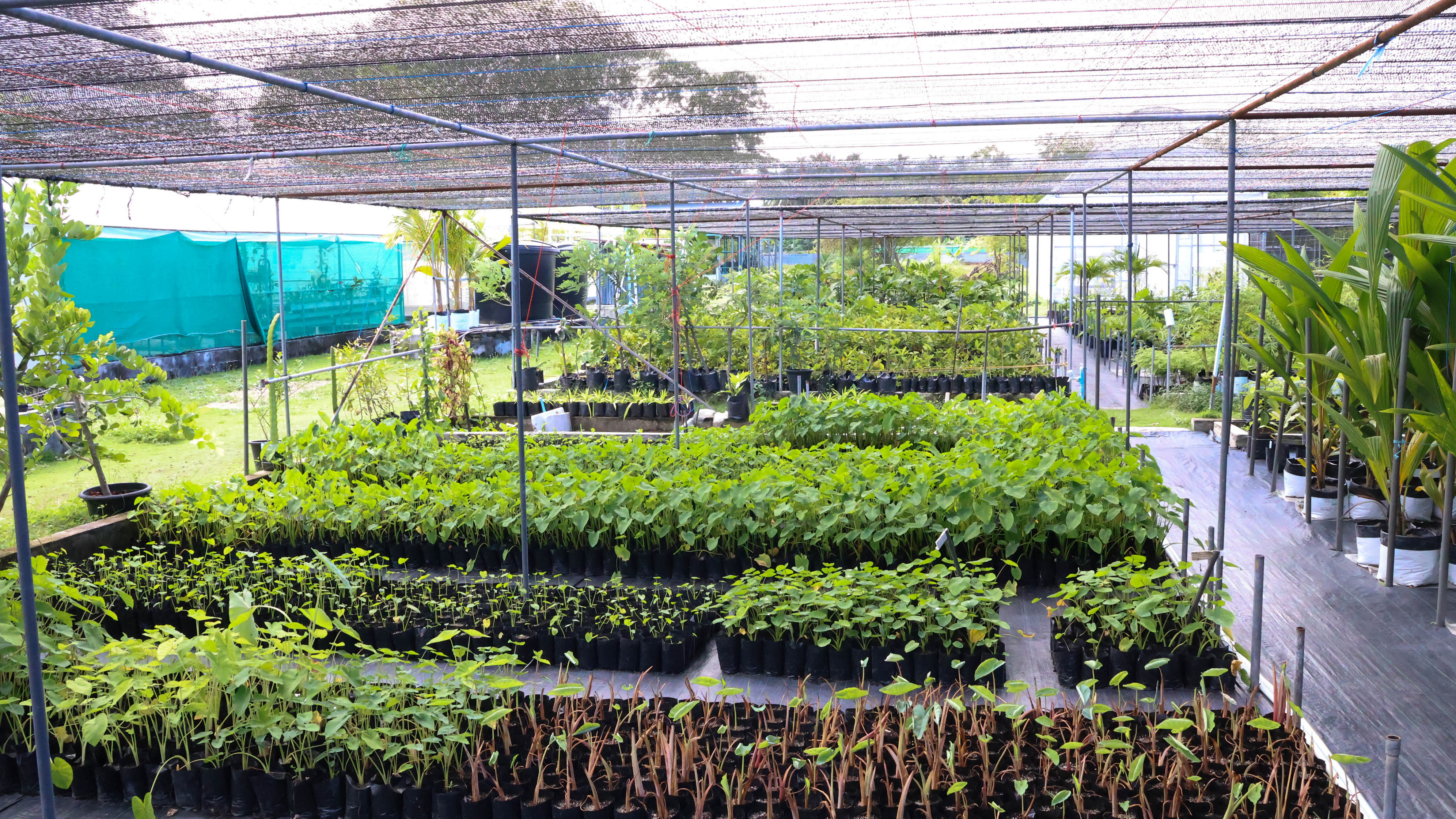
Training programs and workshops are also being expanded for existing farmers, equipping them with skills in climate-resilient agriculture, post-harvest handling, and market access. These educational efforts are helping to create a well-informed agricultural workforce capable of responding to the unique challenges of island farming.
Looking ahead, the Maldives is considering several future initiatives. “We are working to introduce precision agriculture, better post-harvest systems, solar-powered desalination for farming and programs to reduce food waste. We are also setting up microfinance schemes to help young people and women entrepreneurs thrive in this space.”
To help boost local food production, the Government has also made it easier and more affordable for people to get involved in farming. “We are now leasing uninhabited islands for agricultural use at a very low rate,” Ambassador Fuwad said. “Farmers and small businesses can lease land for up to 21 years, paying just 10 laari (slightly more than USD 0.0065) per square foot each year. It’s a great opportunity, especially for those who want to grow important crops and use eco-friendly methods. This approach gives more people the chance to invest in farming and contribute to the country’s food security.”
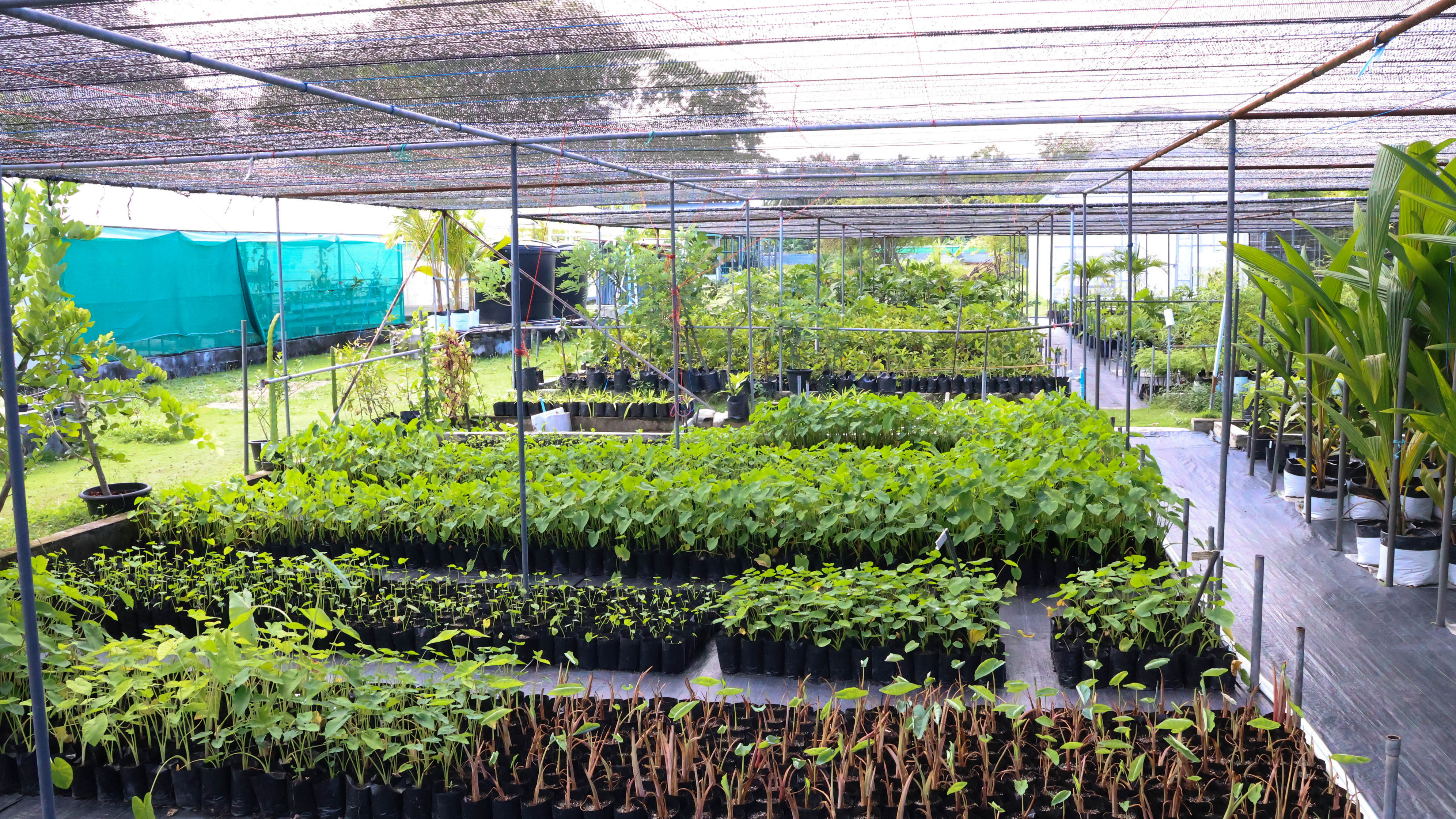
The Maldives continues to advocate for collaboration at the regional and international levels. “We are committed to the UN Sustainable Development Goals, especially SDG 2 on ending hunger. But we also believe that no country can do it alone. We need knowledge-sharing and partnerships with small island states and international partners. Our hope is to work together to find practical, local solutions that build resilience and reduce vulnerability.”
Ambassador Fuwad also highlighted the importance of linking ocean and land-based sustainability. “We are discussing how blue economy strategies, such as sustainable fisheries, can support food security. We believe our experience in managing coastal ecosystems can be valuable to global discussions on climate and sustainability.”
As the world grapples with the dual crises of climate change and food insecurity, the Maldives is emerging as a compelling case study in resilience. The country’s ability to turn its limitations into opportunities, by embracing innovation, empowering communities and fostering collaboration. These breaks offer valuable lessons for other island and coastal nations facing similar challenges.
Concluding the interview, he shared a hopeful yet determined message. “Food sustainability is not just a development goal for us; it’s a matter of national survival. Our challenges are real, but our resolve is strong. With leadership, local commitment and the support of partnerships, I believe the Maldives can build a food system that is secure, inclusive and sustainable for the generations to come.
In the face of climate adversity, the seeds of sustainability are being sown across the Maldives, not just in soil and water, but in minds and communities. It is a quiet revolution and one that the world would do well to watch closely.”
